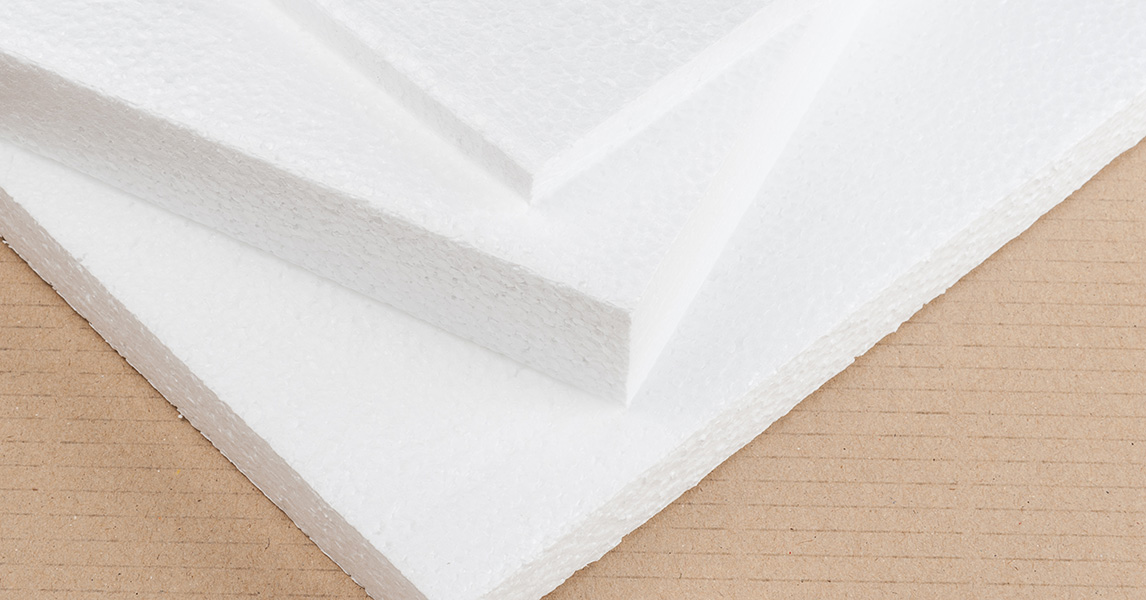Researchers in the Department of Forest Biomaterials are developing a proprietary material that could serve as a sustainable alternative to one of the world’s most significant sources of pollution: plastic foam.
“Our material eliminates polystyrene foam materials that are filling landfills and persisting as litter in the environment,” said Richard Venditti, the Elis-Signe Olsson Professor of Pulp and Paper Science and Engineering.
Plastic foam, often known by the brand name Styrofoam, is used in many everyday products — from disposable food and beverage containers like cups and plates to shipping materials such as packing peanuts and protective packaging.
While convenient, plastic foam presents a significant environmental challenge due to its lack of biodegradability and difficulty in recycling. Estimates indicate that plastic foam takes up to 30% of landfill space globally.
Venditti, alongside Joel Pawlak and Alfonso Dominguez Gonzalez of the Department of Forest Biomaterials, began working to develop a biobased alternative about a year ago and have since created a material made from a mix of natural fibers.
The fiber-based material, which is fully recyclable and biodegradable, could someday replace plastic foam materials used in cushioning and insulation for packaging, providing an option for companies seeking sustainable alternatives.
In addition to packaging materials, the material could potentially be utilized in furniture and vehicle cushioning, construction panels and insulation for food and temperature-sensitive medical products.
Venditti and his collaborators recently secured support from the Chancellor’s Innovation Fund (CIF) to continue their research. The fund awards support to a select few short-term, commercially focused research projects every year.
“Recieving this award is an honor,” Pawlak said. “The Chancellor’s Innovation Fund shows the university’s commitment to commercializing technologies that can benefit the citizens of North Carolina.”
The researchers plan to utilize the CIF funds to engage prospective industry partners, including fiber producers, insulation and cushioning foam manufacturers, and retail companies that depend on packaging to ship their goods.
